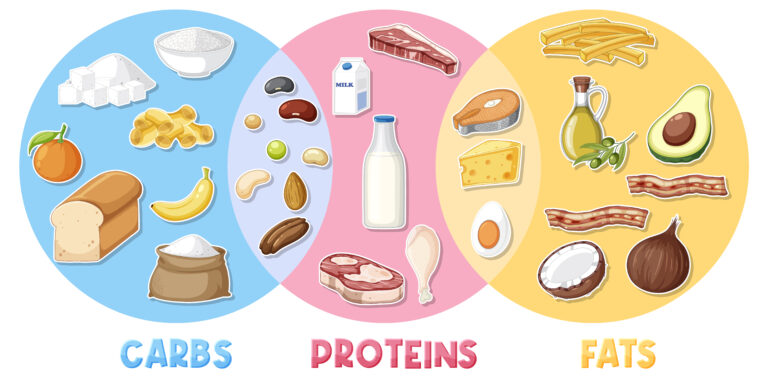The 30-30-30 diet is a relatively new and popular method for managing weight and improving overall health. It’s easy to follow, provides a balanced approach to nutrition, and can be helpful for people with various goals – from weight loss to maintaining a healthy lifestyle. In this article, we will explore what the 30-30-30 diet is, its principles, and its benefits.
What is the 30-30-30 Diet?
The 30-30-30 diet is an eating strategy that divides daily caloric intake and nutrients into three main categories: 30% carbohydrates, 30% proteins, and 30% healthy fats. This method aims to create a balanced diet that provides energy, supports metabolism, and helps control weight.
The idea behind the 30-30-30 diet is to encourage the consumption of diverse, quality foods while limiting the overconsumption of a particular macronutrient, such as carbohydrates or fats. The 30-30-30 ratio is designed to promote optimal body function and avoid nutritional deficiencies.
Key Principles of the 30-30-30 Diet
1. Carbohydrates (30%)
Carbohydrates are a primary source of energy for the body. The 30-30-30 diet recommends consuming complex carbohydrates, which are digested slowly and do not cause rapid spikes in blood sugar. This includes whole grains, vegetables, fruits, and legumes. Complex carbohydrates provide long-lasting energy and stabilize blood glucose levels.
2. Proteins (30%)
Proteins are necessary for building and repairing body tissues, as well as producing hormones and enzymes. The 30-30-30 diet encourages the inclusion of lean protein sources, such as chicken, fish, eggs, legumes, and low-fat dairy products. Proteins help you feel full longer and play an important role in appetite control.
3. Healthy Fats (30%)
Fats are essential for various bodily functions, including the absorption of vitamins and the maintenance of heart health. The 30-30-30 diet promotes the consumption of healthy fats from sources such as avocados, olive oil, nuts, seeds, and omega-3-rich fish. Healthy fats can help reduce inflammation and improve brain function.
Benefits of the 30-30-30 Diet
1. Balance and Blood Sugar Control
By balancing macronutrients, the 30-30-30 diet helps prevent sharp spikes in blood sugar, which is especially important for people with insulin resistance or type 2 diabetes. Consuming balanced portions of carbohydrates, proteins, and fats helps maintain stable energy levels throughout the day.
2. Support for Muscle Mass
Proteins play a central role in building muscle mass and recovery after physical activity. Following the diet can support muscle development, especially when combined with regular strength training exercises.
3. Healthy Weight Loss
The 30-30-30 diet can be beneficial for those looking to lose weight. Proteins and healthy fats help you feel full for longer, reducing the risk of overeating and promoting better appetite control. Additionally, balancing macronutrients may help stabilize the hormones that regulate weight.
4. Improved Heart Health
The diet includes healthy fats that are good for the heart. Omega-3 fatty acids found in fish and seeds, for example, can help reduce inflammation and maintain cardiovascular health.
How to Follow the Diet
1. Plan Your Meals
To achieve the 30-30-30 ratio, it’s important to plan your meals. Distribute your daily caloric intake so that 30% comes from carbohydrates, 30% from proteins, and 30% from healthy fats. This may require some effort at first, but over time, you will become familiar with the right foods and portion sizes.
2. Choose Nutrient-Dense Foods
Focus on fresh, minimally processed foods like vegetables, fruits, whole grains, lean proteins, and healthy fats. These foods are not only nutritious but will also help you achieve the desired balance.
3. Adapt to Your Personal Needs
Every body is different, so if you have specific needs (such as intense physical activity or health conditions), consult with a doctor or dietitian to adjust the macronutrient ratio according to your goals.
The 30-30-30 diet offers a simple and effective way to achieve healthy eating and weight management. It combines the importance of balanced carbohydrate, protein, and fat intake and can be easily adapted to your individual needs and goals. The key to success with the 30-30-30 diet is consistency and mindful eating, leading to long-term health benefits.
